Search Results for Tag: poverty
The empowerment plan
With her multi-functional coat, design student Veronika Scott is helping the city’s homeless in ways she never dreamed possible. She devised the “The Empowerment Plan,” a project providing employment, financial independence and hope for the community’s vulnerable.
Listen to the report by Nadine Wojcik in Detroit:
Find out more the Empowerment Plan website
Young global leaders talk education
What will life be like in the year 2030? How can we help shape tomorrow’s world today? This is the question that Young Global Leaders from the world of politics, science, business and the arts are turning their attention to.
They are all under the age of 40 and all looking for solutions for the future. The “Young Global Leaders” initiative was set up by the founder and President of the World Economic Forum, Klaus Schwab. The five-part series looks at the issues of health, the environment, employment and the fight against poverty. In this episode, we meet three people who talk to us about their ideas on education: Subhash Dinar, senior vice-president of the international IT firm Infosys; Jimmy Whales, founder of Wikepedia; and Peter Bisanz, a film director from the US.
Watch this DW video to find out more:
Giving Kenyans a voice of their own
For outsiders, the slums in Africa’s big cities seem like a world away. The media usually reports only the most horrific stories. But a couple of Kenyan journalists say that it doesn’t have to be that way. Instead of making movies about slum dwellers, they’d rather help these young people become media professionals themselves.
Watch this DW video for more.
Earning trust one child at a time
In an underprivileged neighborhood in the Polish city of Lublin, alcohol is a serious problem and most of the kids here grow up with single parents who don’t give them the attention they need. That’s where Kasia comes in. The young engineer coordinates a group of volunteers who spend time with the kids after school, helping with homework and playing games. As reporter Magdalena Fijalkowska found out, it’s not just the kids who are benefitting, but Kasia as well.
Listen to the report by Magdalena Fijalkowska:
Columbian entrepreneur gives disadvantaged youth a chance
Fighting poverty is a prime objective of Colombian entrepreneur Felipe Vergara. His approach is to support education, which is why he founded the Lumni scholarship network. Corporations invested so that young people with no means can go to college. Once they’ve found a good job, they can pay back the scholarship.
Watch this DW video for more.
Mission possible in Paris
Tiffany Tiberghien wanted a job that had meaning. For this 24-year-old Parisienne, that meant putting her Christian faith into practice. When she was 21, she spent a year working as a missionary in Vietnam, where she dedicated herself to children who had been abandoned because of their physical or mental disabilities. It was a life-changing experience. “When you give love, you get it back several times over,” Tiffany said.
When she returned to Paris, she decided to find similar work closer to home. She now organizes a chaplaincy for teenagers in the East of Paris – a place where often poor and isolated children can come and talk.
Listen to the report by John Laurenson:
Activist uses hip-hop music to help Brazil’s poor
Being a community leader in one of the poorest shantytowns in the city of Sao Paulo is not a simples task – and it’s even harder when this community has just suffered from a huge fire, leaving a third of its population homeless.
Having had a rough childhood herself, Alessandra Cunha learned that life should be about helping one another, and that is what this 27 years old has been doing for her community in the past six years.
Home to more than 2,000 people, the Favela do Moinho, or Moinho shantytown, has been neglected for more than 30 years by the state. Living conditions are precarious, and it is up to people like Alessandra to help residents to improve their lives.
On the day of the recent fire, Alessandra was seven-and-a-half-months pregnant. She put her health at risk in order to help people to escape the flames.
Her baby daughter was born on that very night, but that hasn’t kept her from continuing her work of helping the residents. On the day we met, she had a 16-hour day ahead of her, leading a team of volunteers to collect donations at a hip-hop festival the association was promoting.
She hopes her work and dedication can reduce social inequalities and inspire others to always fight for a better life.
Listen to the report by Marcia Reverdosa:
Colombian theater teacher passes down his native culture
Edwin from Bogota teaches theater – but also the ancient values and traditions of his native Muisca culture. He’s stood up to threats from criminal organizations and encourages his students to be better human beings.
Listen to the report from DW reporter Pablo Medina Uribe in Bogotá, Colombia (with contributions from Eduardo Briceño):
Colombian theater teacher passes down his native culture
From the reporter:
I met Edwin a few months back when I was reporting on a series of threatening letters sent to artistic foundations in Bogotá. When I met him, he was the spokesperson for all of the threatened groups, so he was being harassed by a few journalists and national TV cameras. On TV, he said, “My name is Colombian Theater” and refused to give his real name because, he said, this wasn’t only his problem, it was everyone’s problem.
I still managed to get his number and real name and the way he spoke to the cameras stuck with me. Even in times of hardship, he was very conscious that he had to step up not for himself, but for his community of artists. That’s why I thought of him for the Generation Change series.
I went to visit him in his neighborhood, Bosa, a few months later. It is way out of the city towards the Southwest of the country, so I had passed it many times, but I had never been actually there. He insisted we meet there because that land is very important to who he is, but since I’d never heard a good thing about that neighborhood, I didn’t know what to expect.
When I got there, he started talking about his Muisca heritage and about how the indigenous people are still relevant to the community there. I knew that in other places of the country it is more common to live close to native tribes, but I wasn’t aware that this happens also in my own city.
Edwin and his friend Yohanis talked to me for hours as we discussed not only their work, but also Muisca philosophy. We also exchanged book titles and talked about our work. I told Edwin I was very interested in linguistics, so he and Yohanis gave me some lessons in Muiscogun, the language of the Muisca people, and taught me the deeper spiritual meaning of some of its words.
See the Bosa neighborhood of Bogotá on Google Maps here.
Young engineer helps India’s poor
Mathew decided to return to India and help the poor gain access to education and health services. Before embarking on the project, he tried to find out what it was like below India’s poverty line.
Young engineer helps India’s poor
From DW reporter Pia Chandavarkar in India:
When the Indian government’s Planning Commission recommended that the official poverty level start with those who earn a mere 65 cents per day, many were up in arms, saying the figure was too low and unreasonable. Amidst this debate, I found it interesting to see two people who went beyond arguing and tried it out themselves. When I found out they were doing this for a larger cause, I was even more intrigued. Mathew and Tushar had also spent three weeks living on the average Indian income of $2 a day in the city of Bangalore before moving on to the final phase of their project – 65 cents a day. People talk of a brain drain in India, but it’s encouraging to see talented youth return to their homeland, inspired to make a difference.
Check out Mathew and Tushar’s blog here.
Mozambique activist raises sexual health awareness
Berta Bimba is in her early 20s and got into activism to spread awareness about sexual health issues, education, and to get people like her, who have spent time on the streets, into jobs and a new future.



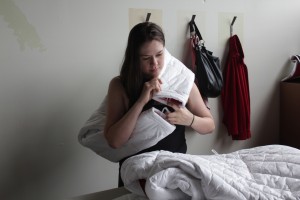
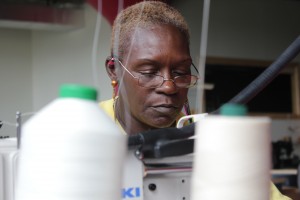
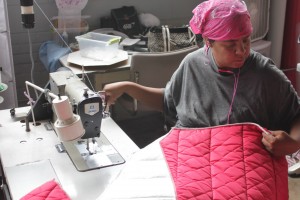
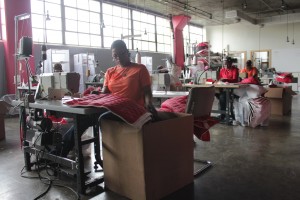


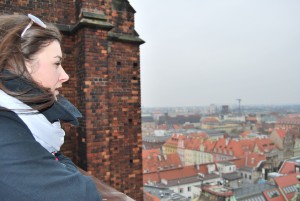
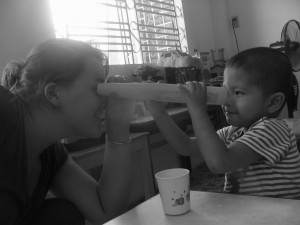
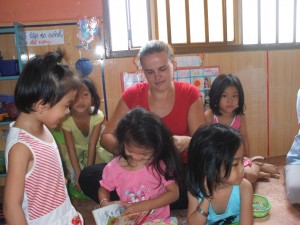
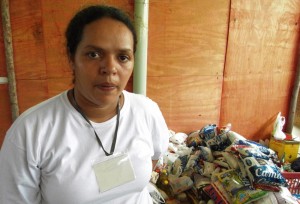
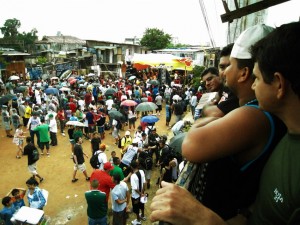

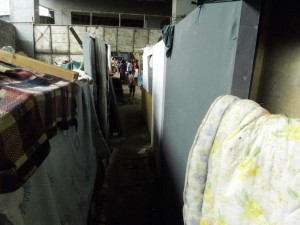
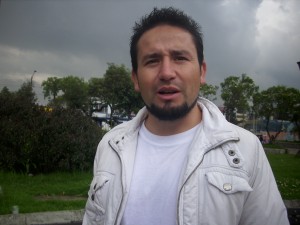
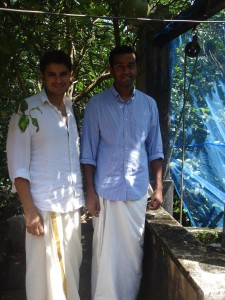

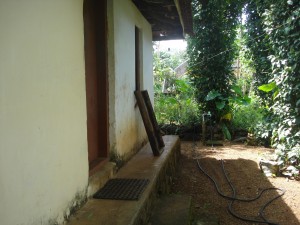
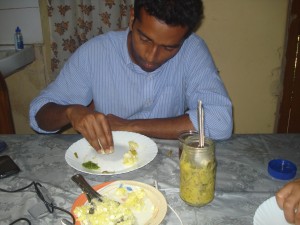





Feedback